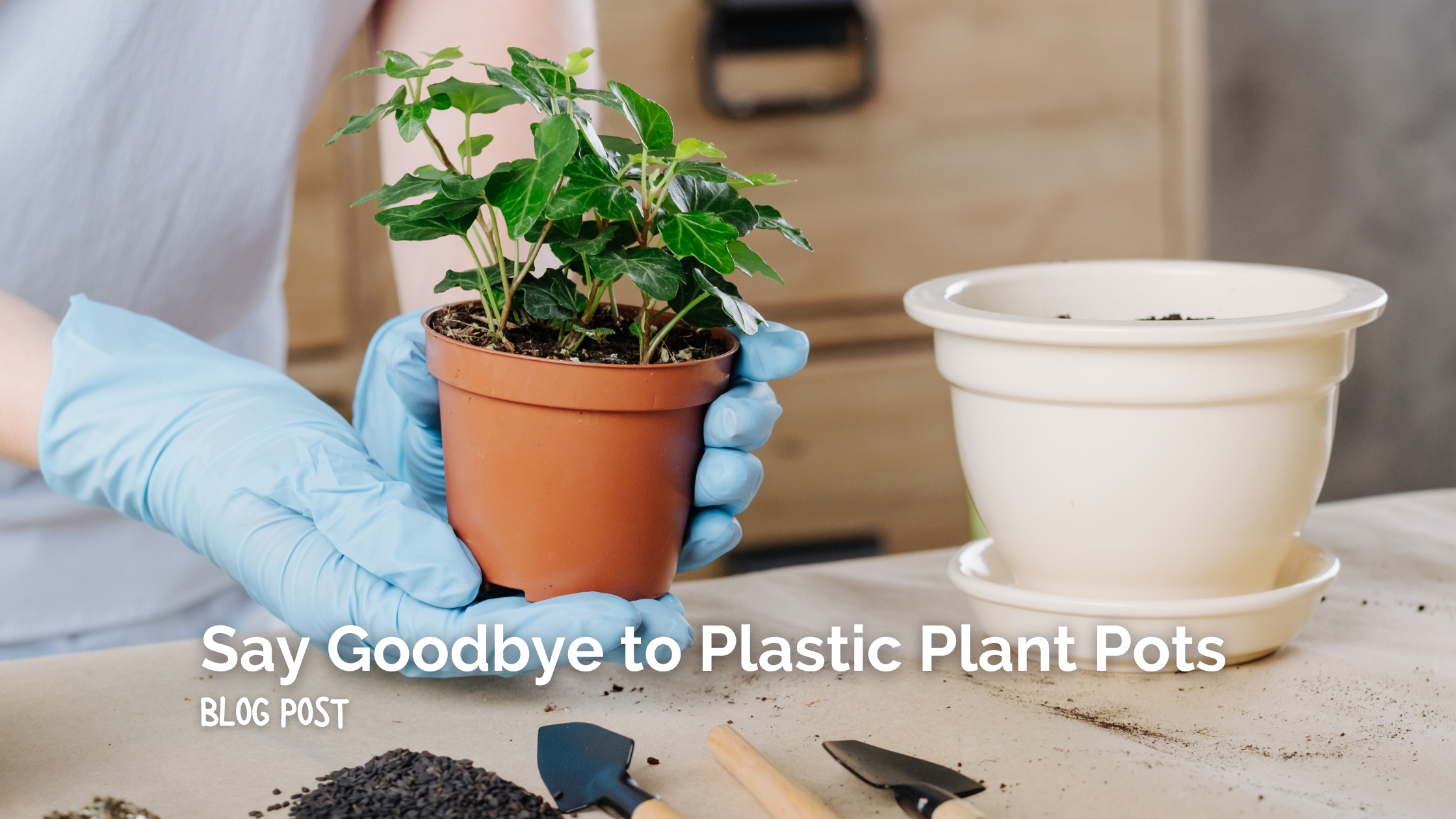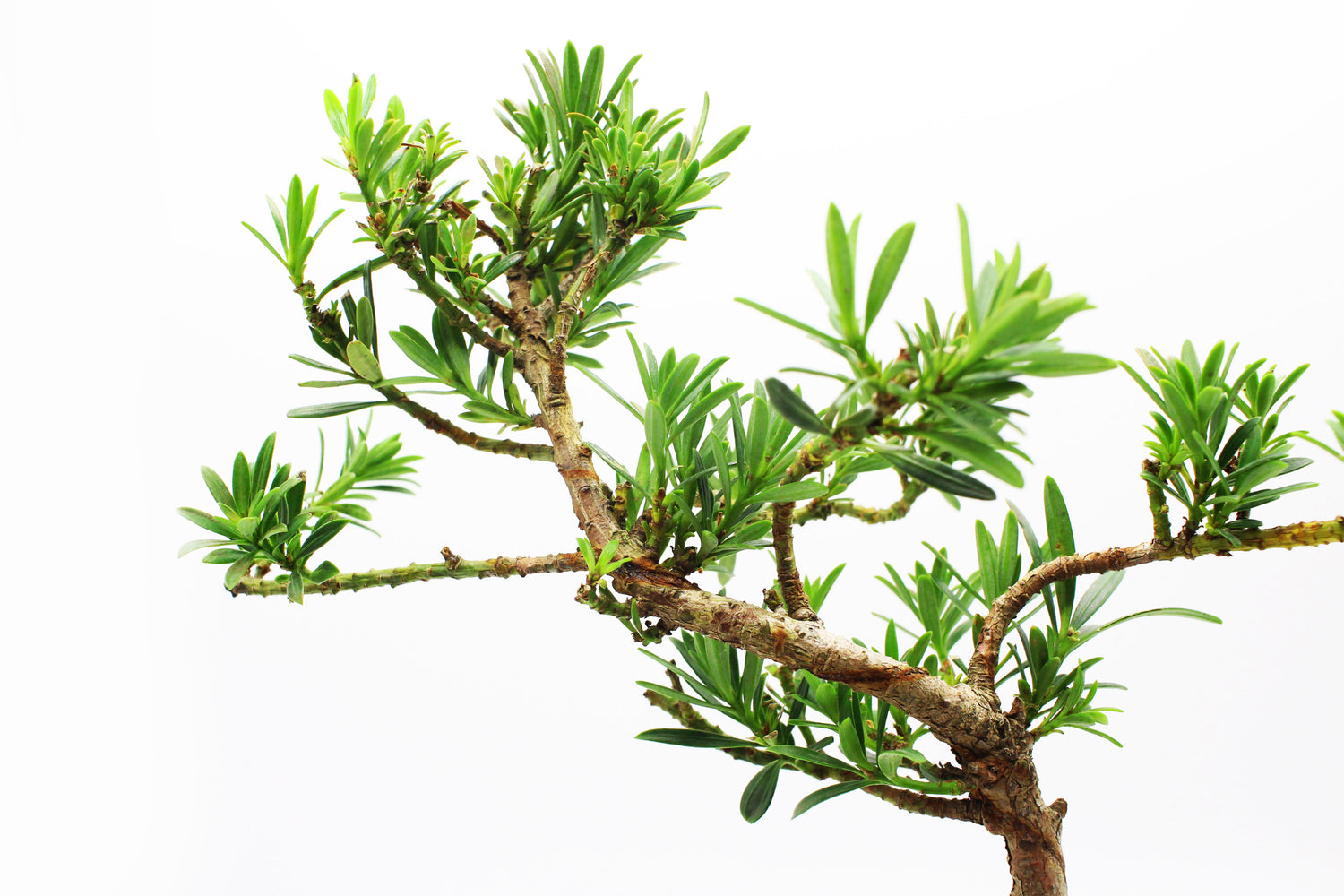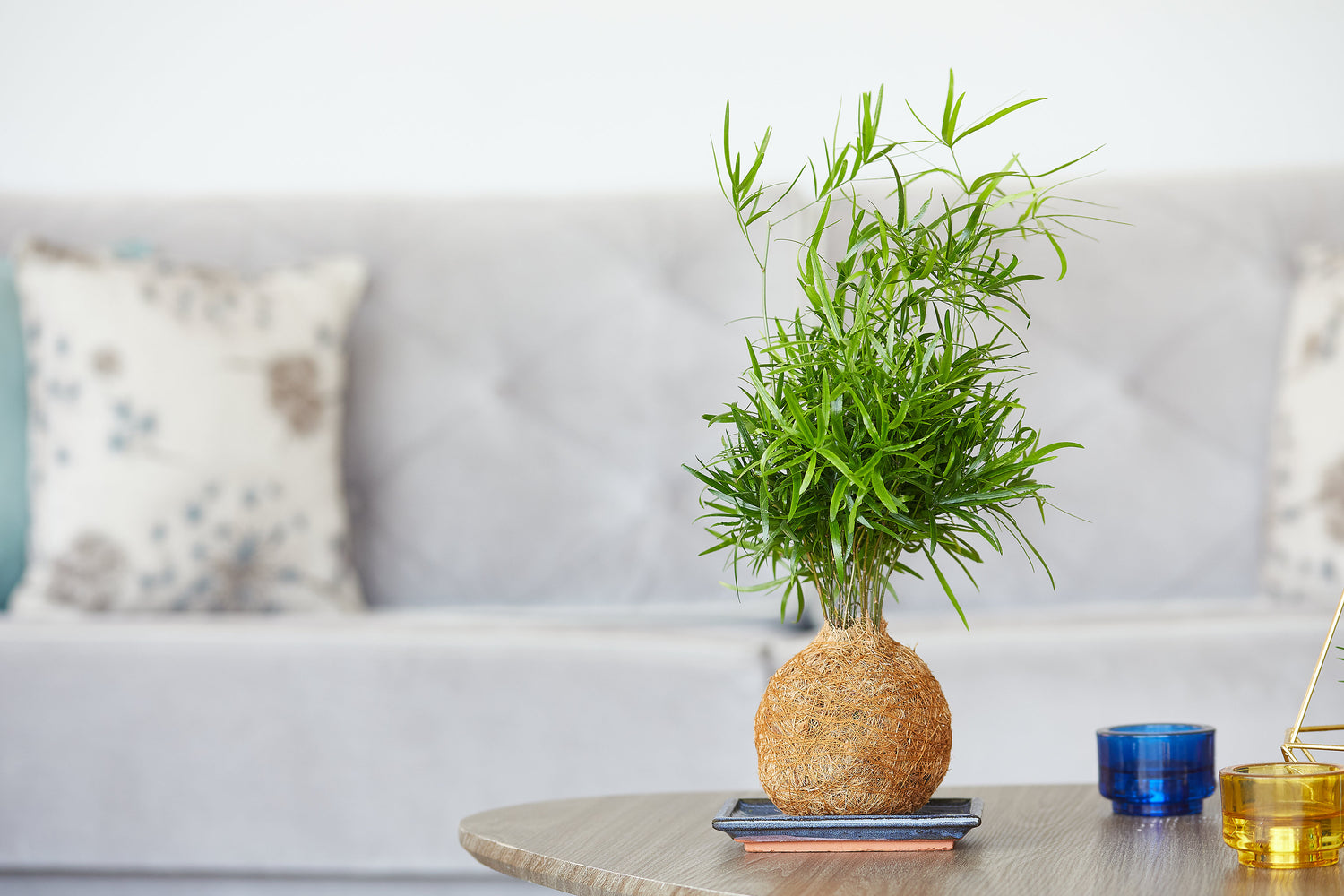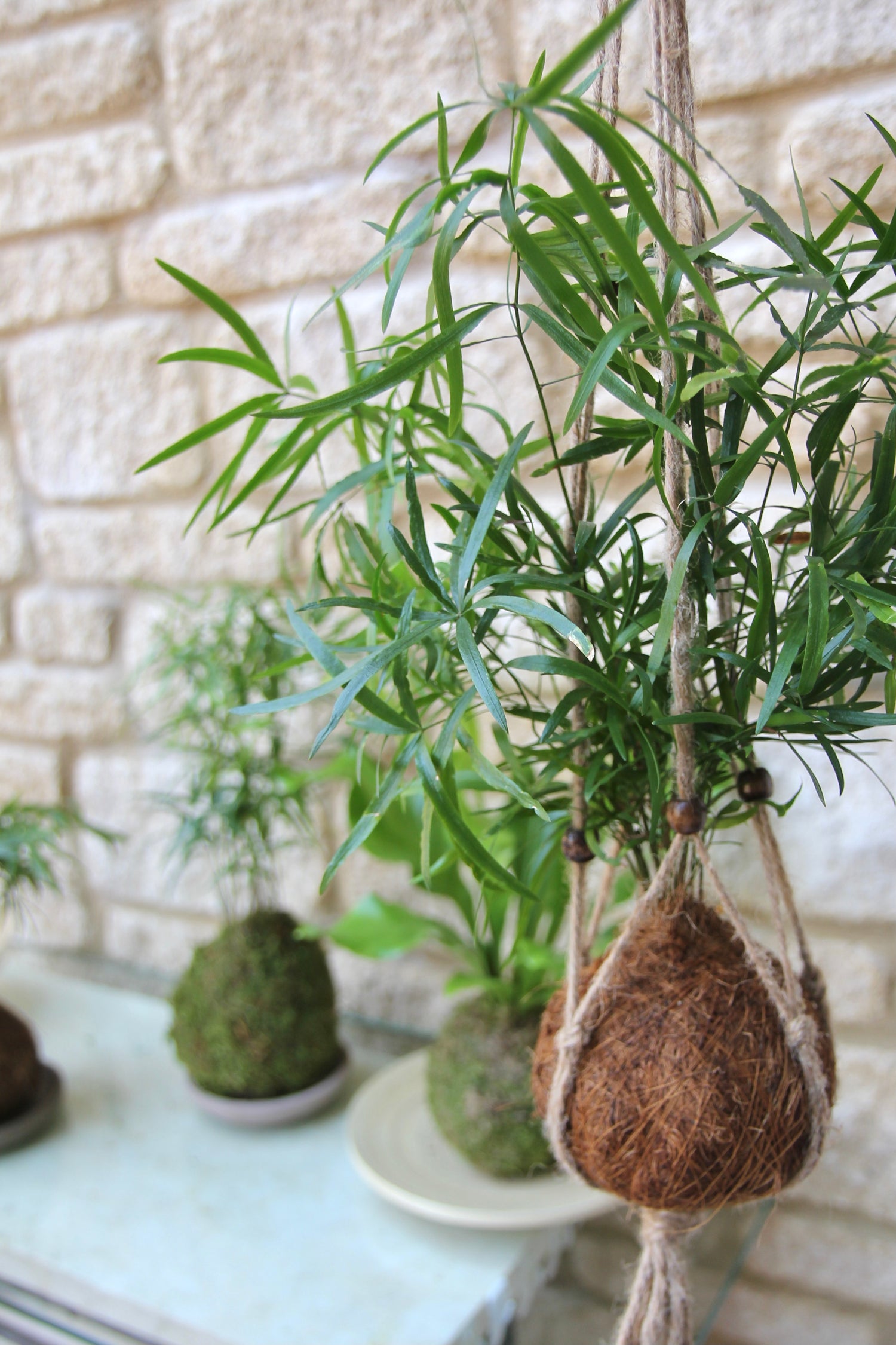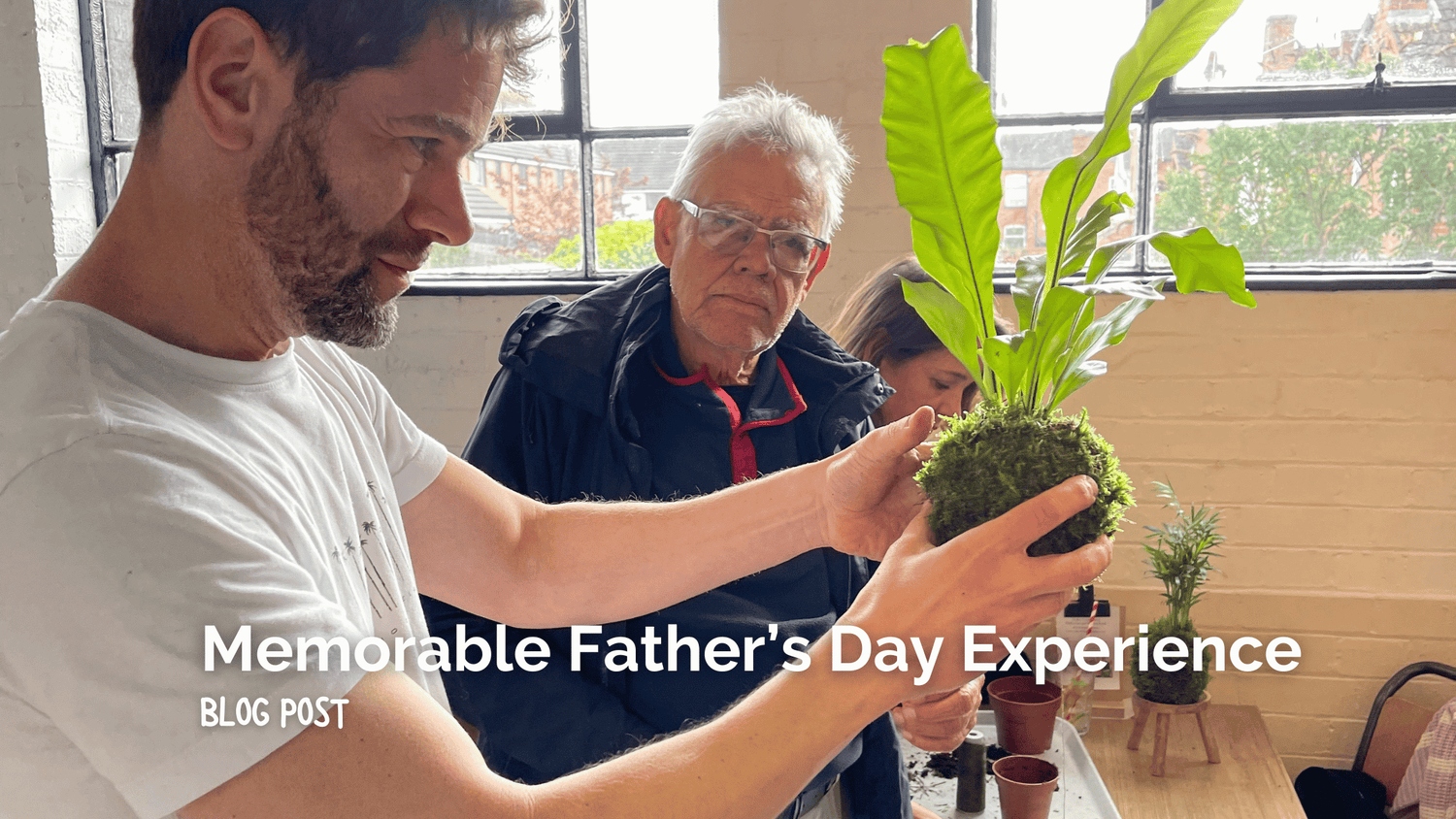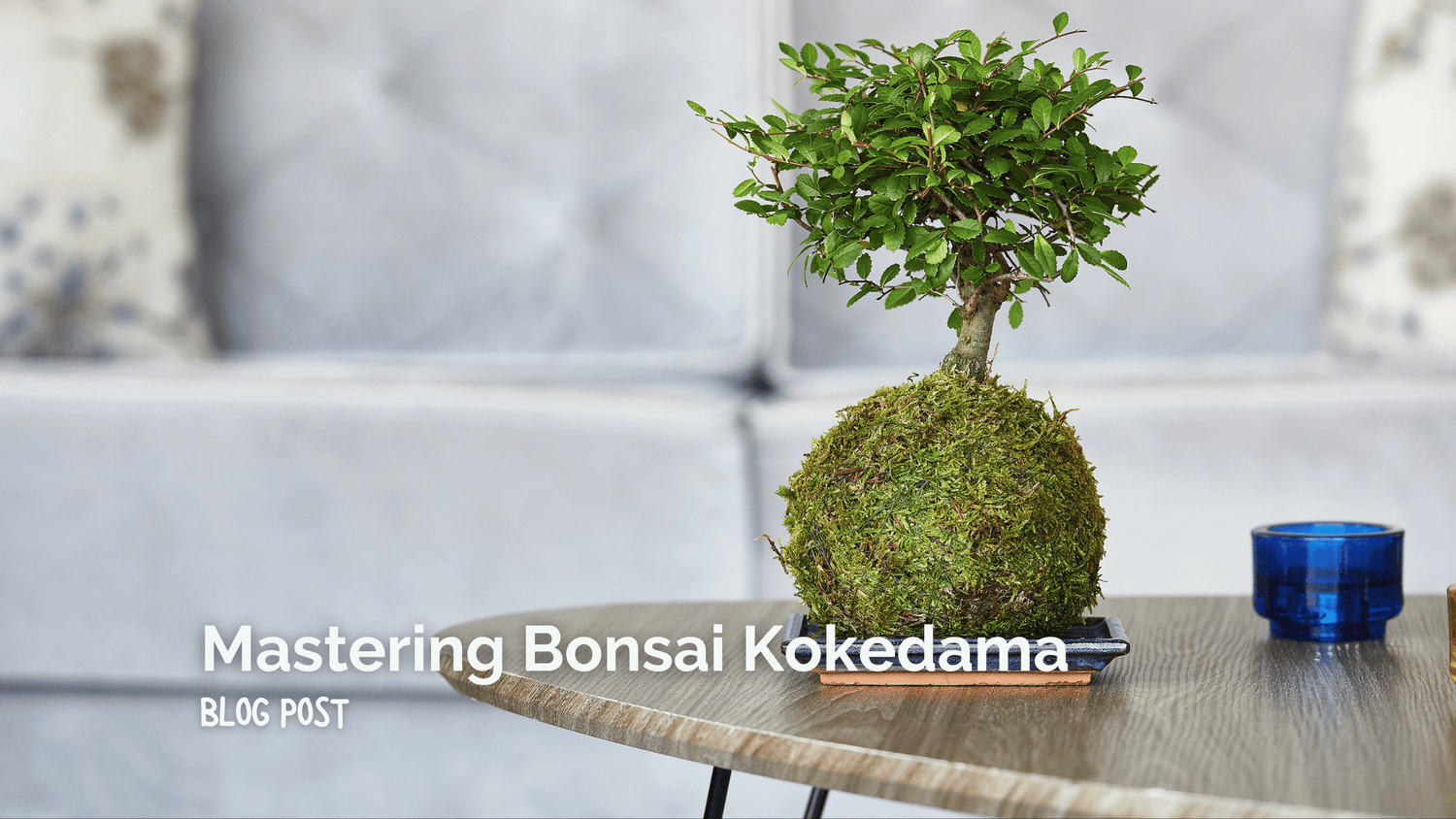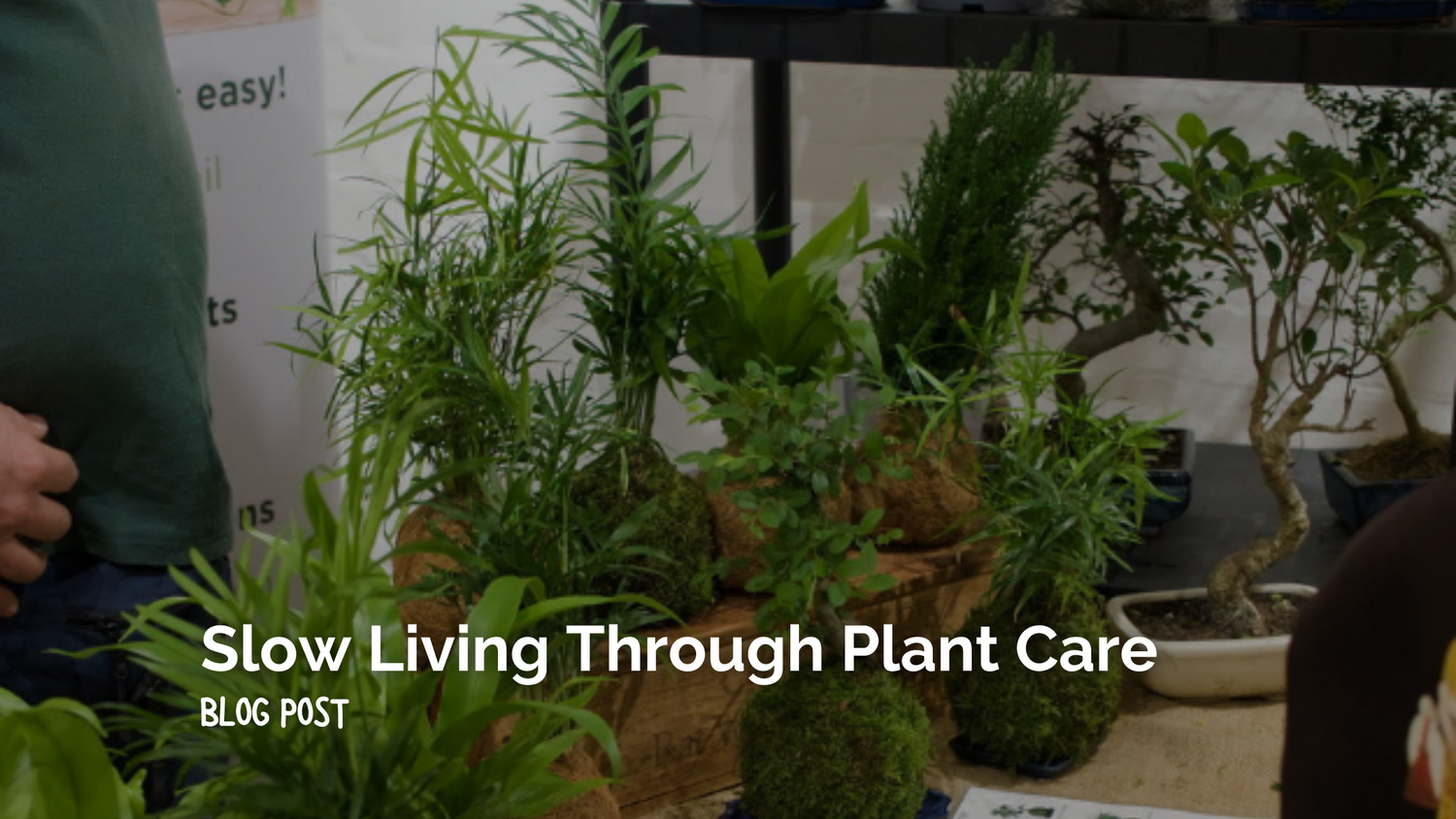Plastic Plant Pots are harmful to the Environment.
In the world of gardening and horticulture, plastic plant pots have been a common choice for decades. They are lightweight, versatile, and readily available in a range of shapes and sizes, making them incredibly convenient for both professional growers and amateur gardeners. However, behind this apparent convenience lies a significant environmental drawback. In this blog, we will delve into the environmental impacts of plastic plant pots and explore sustainable alternatives that can help us reduce our plastic footprint.
The Environmental Impact of Plastic Plant Pots
Unrecyclable Plastics: Only 10% of Local UK Authorities accept Plastic Plant Pots for Recycling (BBC)
While we are well aware of the detrimental environmental effects of plastics, plastic plant pots, particularly the black ones, present a unique challenge. Unlike some single-use plastic packaging, these pots are only 10% likely to be recycled, according to analysts at the Waste & Resources Action Programme (WRAP). This means that when you discard them, they are most likely to find their way into landfills, contributing to the ever-growing plastic waste crisis. Studies suggest that plastics like the ones in plastic plant pots can take around 450 years to biodegrade in landfill.
Sunlight-Induced Degradation
Reusing plastic plant pots might seem like a sustainable alternative, but it's not a long-term solution. Sunlight degrades plastic over time, causing them to become brittle and break down. Consequently, these pots have a limited lifespan and eventually end up as waste.
Toxins in Plastic Plant Pots
Another concerning aspect of plastic plant pots is the potential for toxins to leach into the soil. While most polypropylene pots are relatively safe, identifying the exact type of plastic used in a pot can be challenging. This poses a significant risk, especially if you're growing edible plants.

Alternatives to Plastic Plant Pots: Kokedama
It’s time to ditch plastic plant pots for a sustainable alternative. Our Kokedama houseplants and Bonsai Trees are encased in a ball of soil and moss, or coconut fibre, eliminating the need for plastic containers altogether. The result is a striking and natural display that not only enhances the aesthetics of your indoor space but also promotes environmental sustainability. Using all organic materials, Kokedama plants can revolutionise the indoor plant industry. The coconut fibre we use is a natural byproduct of the coconut industry, making it a sustainable choice as it repurposes what would otherwise be considered waste. For more information on our Environmental commitment as a business, visit this page.
We also sell Kokedama DIY kits so that you can create Kokedama out of plants you already own. Kokedama can be made from any plant, but the ones in our collection are specially selected for their suitability to this garden art form.
Making the Right Environmental-Friendly Choices as a Consumer
As awareness about plastic pollution grows, it is essential to extend our efforts to reduce plastic use into our own homes and gardens. Plastic plant pots contribute significantly to the plastic waste crisis, with up to half a billion pots ending up in landfills or incineration plants each year. Even though some councils encourage recycling, many challenges persist, such as difficulties in detecting black plastic for recycling and contamination issues.
By making the switch to sustainable alternatives like our Kokedama plants, we not only reduce our plastic footprint but also contribute to a greener and healthier environment. So, let's bid farewell to plastic plant pots and embrace eco-friendly choices, ensuring a more sustainable future for our gardens and the planet as a whole.


